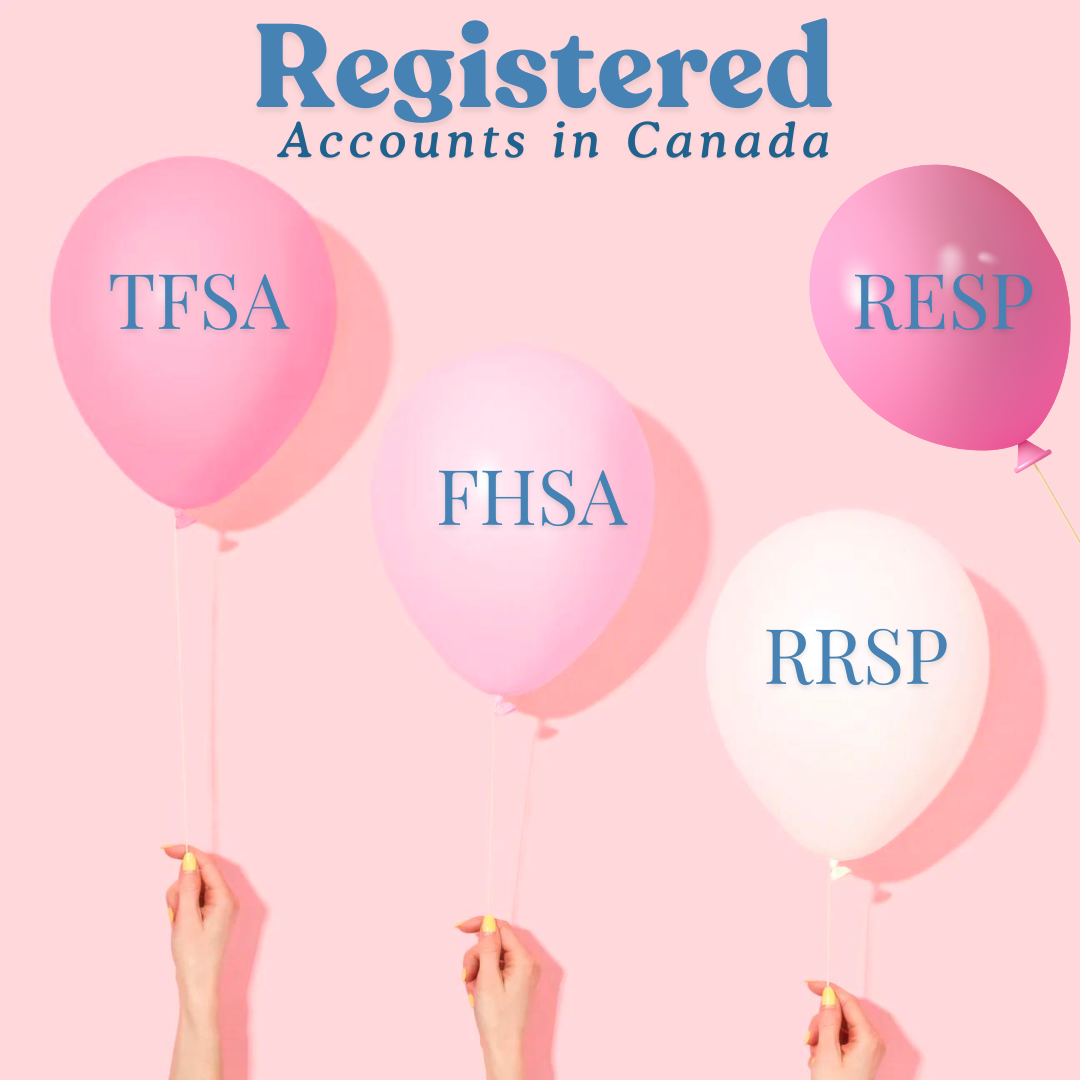An interesting article came out about a Canadian taxpayer who was charged interest and penalties for Tax Free Savings Account (TFSA) over-contributions. The article addresses when Canada Revenue Agency (CRA) posts the wrong TFSA limit online via CRAs MyAccount for example but does not waive the tax penalties. Let’s discuss the TFSA and address the article. I have attached the article link below.
https://financialpost.com/personal-finance/taxes/cra-penalty-tfsa-overcontribution
What is a TFSA?
The TFSA program began in 2009. It is a way for individuals who are 18 and older and who have a valid social insurance number (SIN) to set money aside tax-free throughout their lifetime. Contributions to a TFSA are not deductible for income tax purposes. Any amount contributed as well as any income earned in the account is generally tax-free, even when it is withdrawn. Administrative or other fees in relation to TFSA and any interest or money borrowed to contribute to a TFSA are not tax deductible.
How much can you contribute into a TFSA?
You can contribute $6,000 to your TFSA for 2022 and depending on your age and residency status, for 2022 your limit can be as high as $81,500 if you never made a contribution before.
You will accumulate TFSA contribution room for each year even if you do not file an income tax and benefit return or open a TFSA.
The annual TFSA dollar limit for the years 2009 to 2012 was $5,000.
The annual TFSA dollar limit for the years 2013 and 2014 was $5,500.
The annual TFSA dollar limit for the year 2015 was $10,000.
The annual TFSA dollar limit for the years 2016 to 2018 was $5,500.
The annual TFSA dollar limit for the years 2019 to 2021 is $6,000.
What is the penalty for over contributions into TFSA?
Where an individual exceeds their TFSA contribution limit for the year, the excess amount, referred to as a “TFSA excess amount”, is subject to a penalty tax of 1% per month. The tax is calculated based on the highest excess amount for the month and, unlike RRSPs, the TFSA does not allow for a $2,000 “grace” amount.
Are you accidentally over contributing into your TFSA?
CRA is becoming increasingly more reluctant to forgive excess TFSA contribution penalties. The latest example is a woman who over-contributed based on the amount from her my CRA Account, which told her she was eligible to contribute. It resulted in an over-contribution of around $19,500 and penalty tax of around $1,784. She fought the CRA all the way to the federal court. The federal court determined CRAs position was reasonable, even though she was relying on information on the CRA website for her personal profile to determine how much she was eligible to contribute.
She was relying on information on the CRA website for her personal profile to determine how much she was eligible to contribute. It is very important to note that the CRA always takes the position that because Canada has a self-reporting tax system it is completely up to you to keep track of your TFSA limits especially because financial institutions do not relate real-time information to CRA. Therefore, even if you make a mistake in contributing based on the CRA’s website it’s still on you!
An important message for taxpayers who are not resident of Canada
You do not accumulate TFSA room as a non-resident of Canada. Furthermore, you cannot contribute into a TFSA as a non-resident of Canada. There are penalties for doing so. What happens if you depart Canada and have a TFSA? Do you have to withdraw and close the TFSA in Canada? You do not have to close your TFSA in Canada in most cases, you can keep your TFSA open. However you will not be able to contribute any amount into this account while a non-resident of Canada. Furthermore, depending on what country you move to or are resident of, there could be severe tax penalties for holding onto this account and funds in your TFSA. Some countries might not view a TFSA as a tax-free account. If this is the case, you would need to disclose any income such as interest, dividends, or capital gains that you earn in the funds sitting in your TFSA to the other country. Or there could be more tax reporting requirements depending on which country you reside in. Residency and expat tax is a complex topic and it is always advisable to speak to an expat tax specialist before departing Canada.
For more information on the various tax implications and expat rules on departing Canada, please contact me directly.









